We have finally moved to Seoul. We moved about 4 days ago but we are still very much in this in-between stage of not quite feeling like this apartment is ours yet, and lacking some vital appliances. The move was stressful, like all moves generally are but it has been very exciting. This is our first ever place that is just ours. Even though we have been married for over 4 years, we’ve never been able to have a place that is only ours. We’ve lived with my parents for a little bit, we’ve lived with Hugh’s parents for 2 years, and in Sydney we had to share an apartment because rent prices are so high (Sydney is the second most expensive city in the world). Now being able to afford our own place feels amazing.
People in intercultural/international relationships tend to do more living with parents and also take more time to get settled. It’s expensive to be in an international marriage with visa costs and flights taking big chunks out of incomes. There is also the fact that someone also has to start again in a new country and it can be hard to find jobs and settle down on the right career path. Also in Korea, it’s not unusual to live with parents as a married couple, so we were glad to have that time with Hugh’s parents.
If you follow the social media you would have seen this photo I posted:
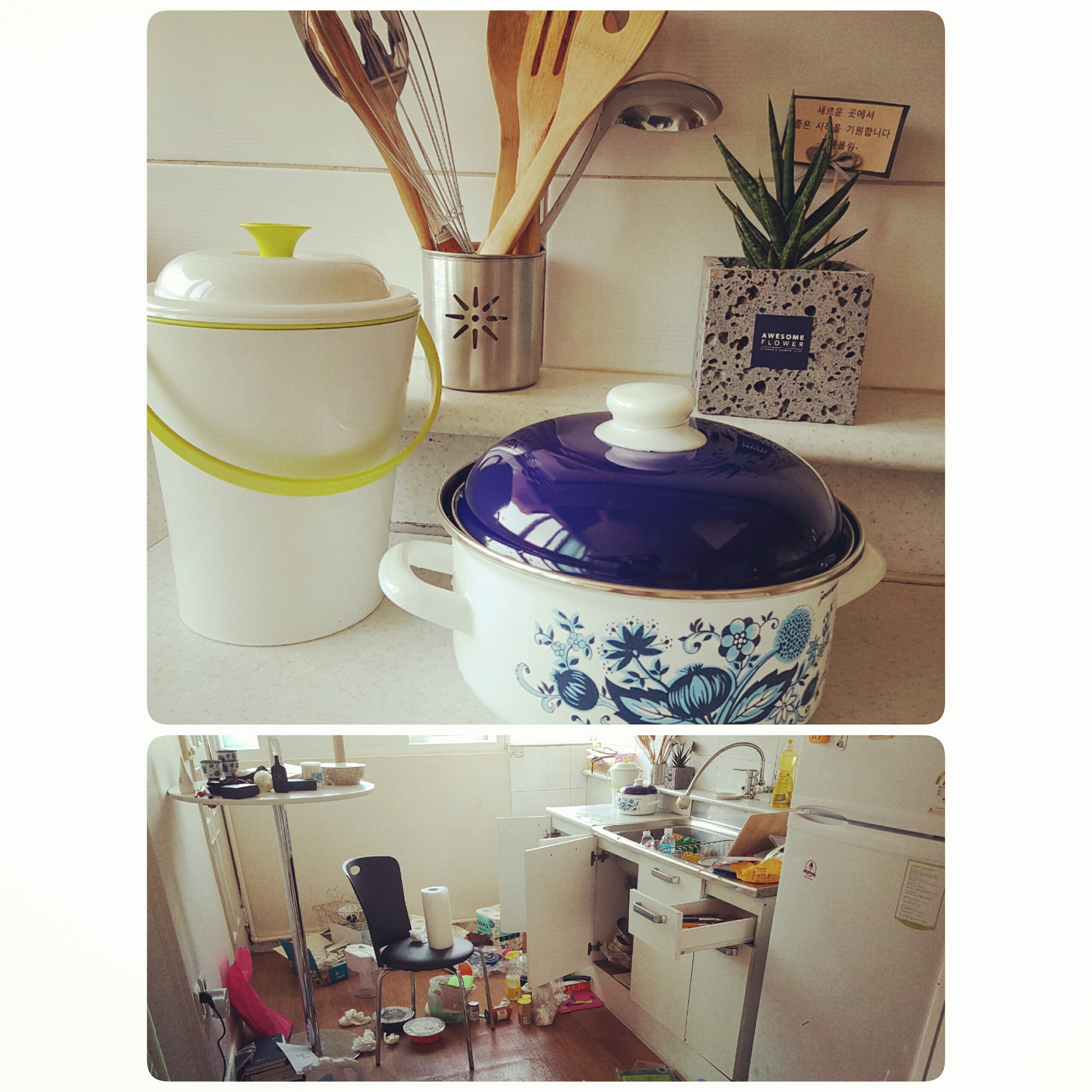
Our kitchen is a disaster but I cleared one corner and was proud! Instagram VS reality! Our apartment was pretty filthy when we arrived so there has been a lot of cleaning (we will talk more about that in an upcoming video). We also don’t have a stove top or a washing machine and still need a bunch of other furniture, so we are waiting for that stuff to be delivered.
We are actually 5 mins walk to the Han river (we can also glimpse it through trees from our bedroom window) so we went for a stroll yesterday and vlogged a bit.
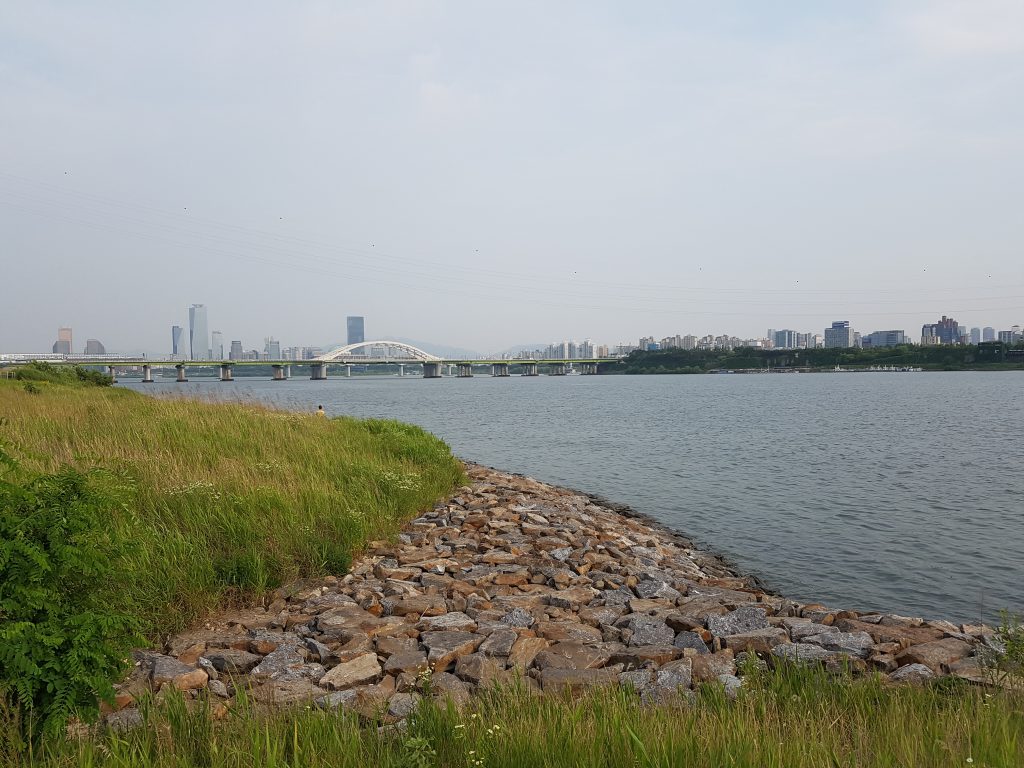
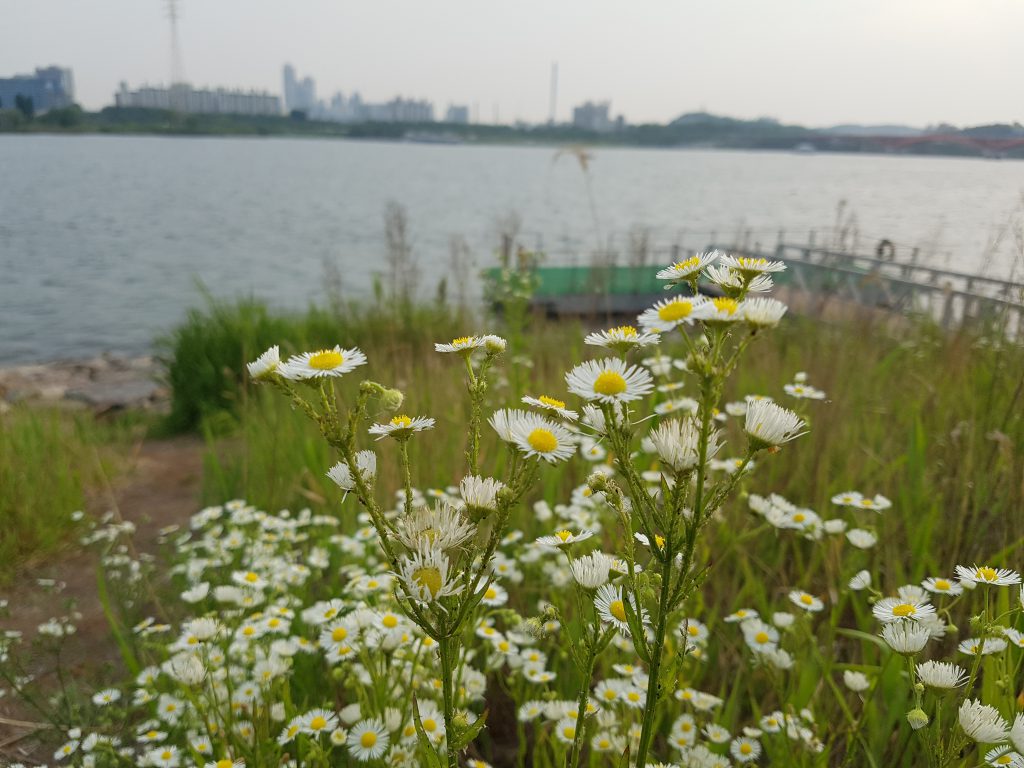
I’m so happy to be close to open spaces, because feeling claustrophobic in a city was one of my worries about moving. Our apartment (technically called a villa in Korean) is in a really interesting area and we can’t wait to show it in videos.
We are starting a new weekly video series where we are going to talk about what it’s like moving to Seoul and show clips from what we have been doing through the week. If you haven’t subscribed to the YouTube channel, make sure you subscribe so you don’t miss that.
We still feel like we are in limbo at the moment as we can’t cook in the apartment yet, we don’t have internet… we can’t even wash our clothes. But we can’t wait to share this new journey with everyone.
This is the view from my window right now:
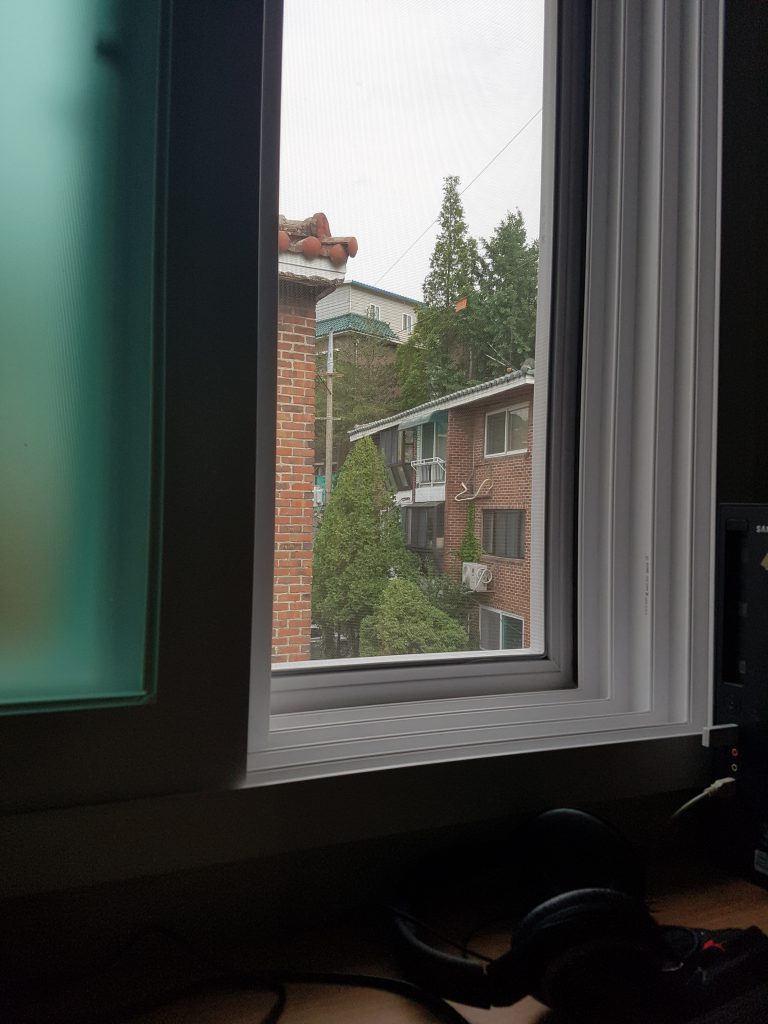
Different from the countryside, but it’s going to be so interesting to see how people in Seoul live compared to those in the countryside.
Thank you everyone for all the messages of support on social media! We appreciate it and we can’t wait to show you our experiences in Seoul and what it’s like to be intercultural in Seoul.
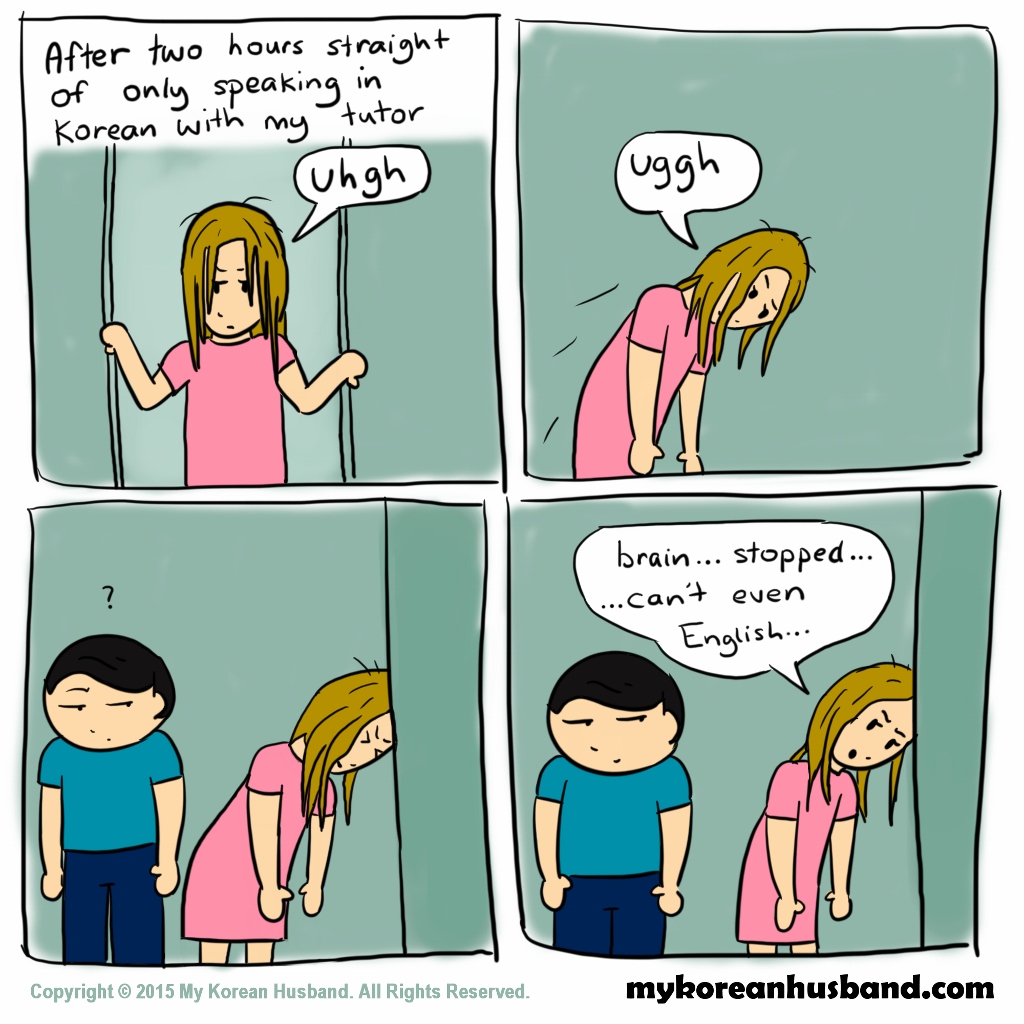
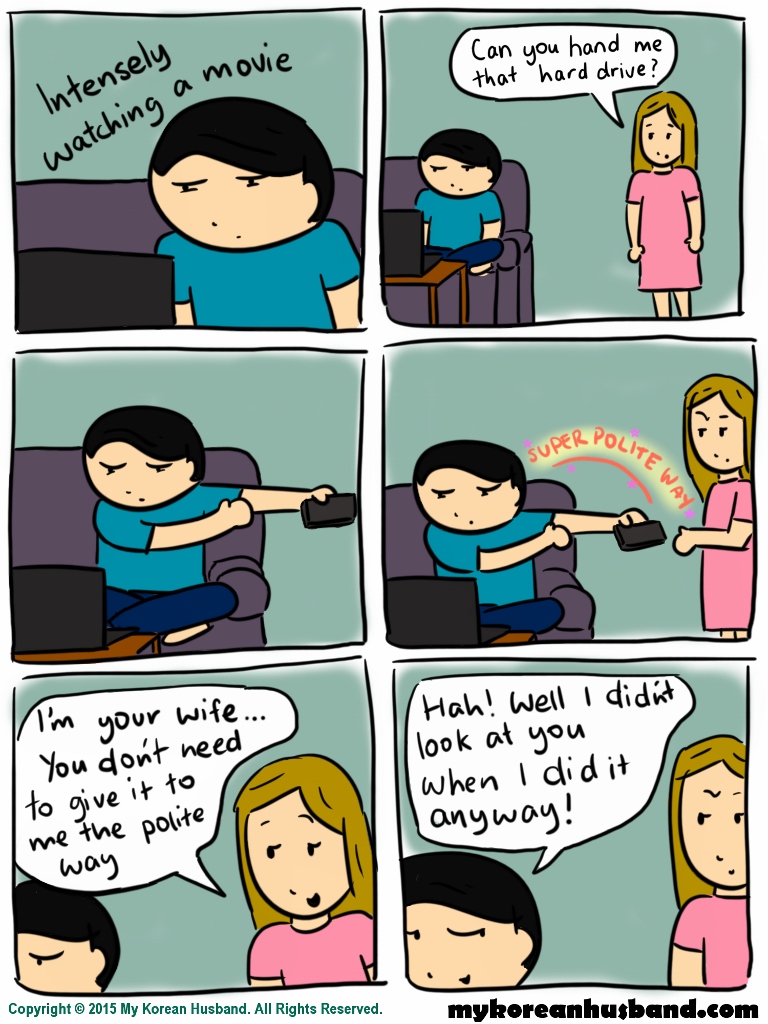

Recent Comments